
ECgMLP: A novel gated MLP model for enhanced endometrial cancer diagnosis
AI can now detect nearly 100% of cancer cases with high accuracy — outperforming most doctors.
A new diagnostic model called ECgMLP has reached 99% accuracy in identifying endometrial cancer, significantly higher than the 80% limit of earlier AI systems. It works by enhancing and filtering medical images, isolating key visual data, and applying self-attention mechanisms to analyze patterns. This approach allows it to diagnose faster while using fewer computing resources.

In tests beyond endometrial cancer, ECgMLP identified colorectal cancer at 98.57%, breast cancer at 98.2%, and oral cancer at 97.34%. Its ability to adapt across datasets makes it suitable for broad diagnostic use. Unlike older models that were often slow or inconsistent, ECgMLP delivers reliable results quickly, and it can operate on a wide range of tissue images without needing intensive hardware.
This makes it suitable for deployment in clinics with limited access to expert staff. Researchers suggest it could be added to clinical software in the future to assist with decision-making and early intervention. The model isn’t a replacement for doctors but rather a support tool that could help speed up diagnoses and reduce oversight. While the technology isn’t yet in hospitals, its consistent performance across different cancer types signals major progress in AI-driven diagnostics.
Beyond detection, AI-based models like ECgMLP are now being explored for predicting disease progression, analyzing tumor growth over time, and assisting in treatment planning. This integration of AI into oncology could lead to earlier interventions and better patient outcomes, particularly in cases where time-sensitive decisions are crucial.
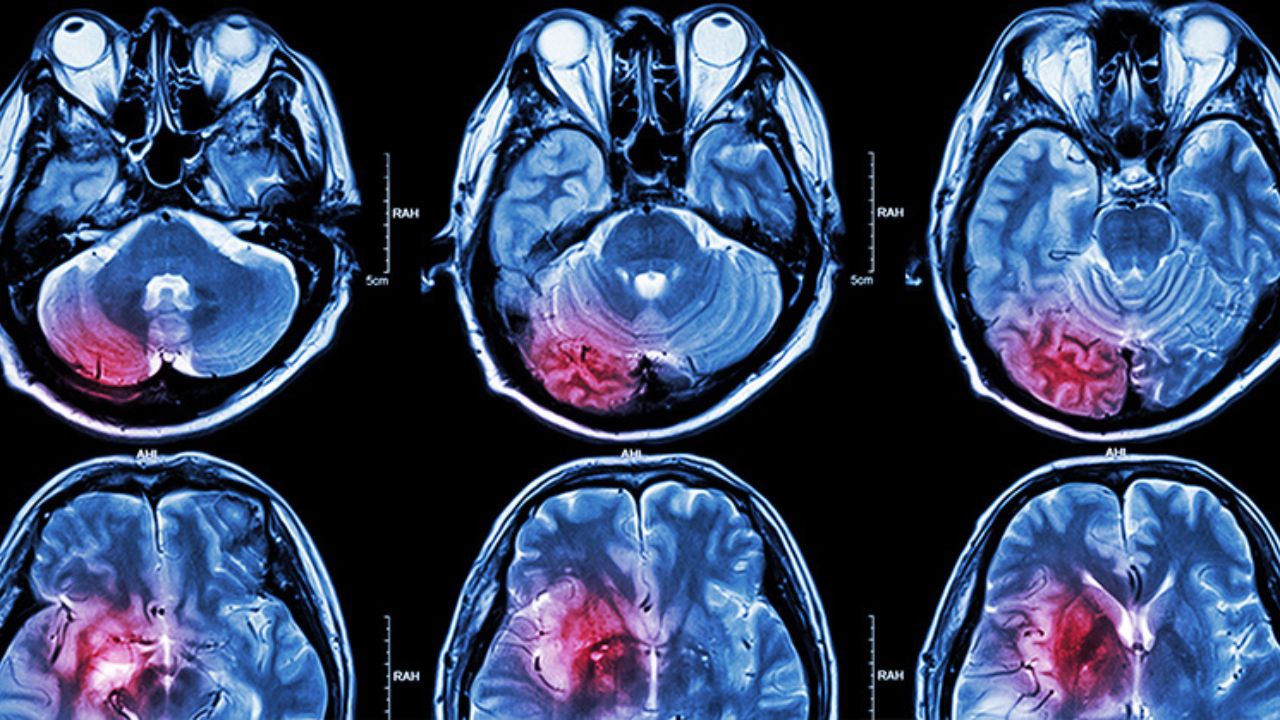
Additionally, AI is being developed to work in tandem with wearable health devices and real-time monitoring tools, potentially alerting both doctors and patients to early warning signs of malignancies before symptoms appear. This would be particularly beneficial in remote or under-resourced areas where access to specialized oncologists is limited.
As AI-powered diagnostics continue to evolve, they could revolutionize not only cancer detection but also personalized medicine. By analyzing vast amounts of patient data, AI models may help tailor treatments to individual genetic profiles, optimizing effectiveness while minimizing side effects. With continued research and validation, AI could become an indispensable ally in the fight against cancer, transforming healthcare delivery worldwide.

News in the same category

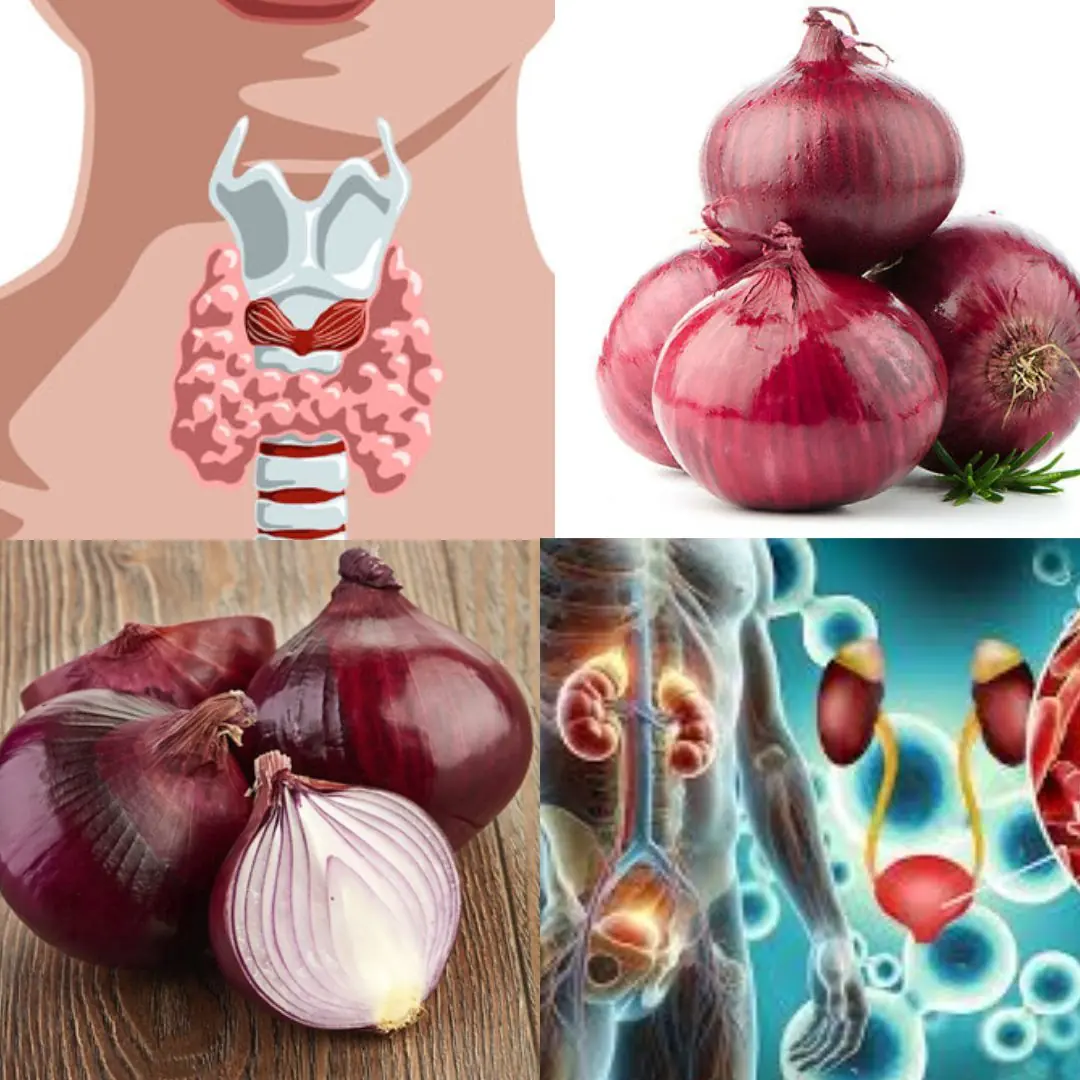
Euphorbia Hirta (Asthma-Plant): Ancient Remedies and Modern Applications for Health and Wellness

Doctor Warns Against This One Thing If You Wake Up at Night

Reasons You Could Have Numbness or Tingling Sensations in Your Hands

A Well-Known Shampoo Is Being Withdrawn Immediately Due To Bacteria That Can Kill One In Ten Patients

9 Reasons Why You Should Eat Okra Multiple Times a Week
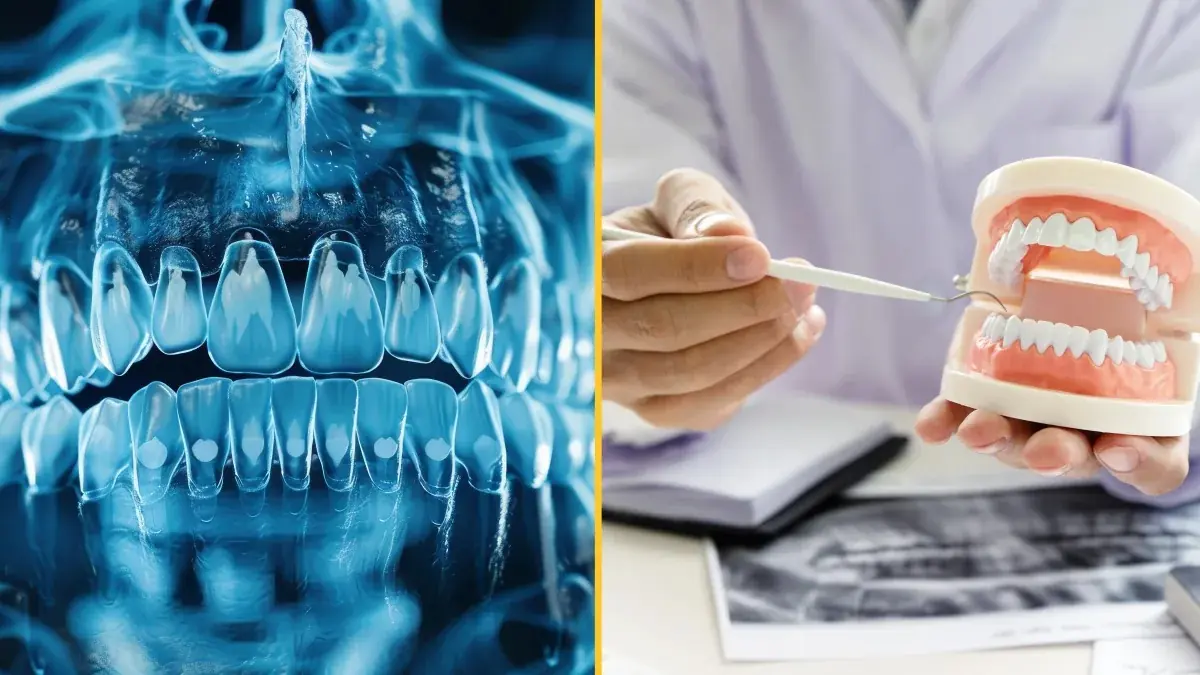
What’s In Your Mouth Could Be Triggering Alzheimer’s, Scientists Say
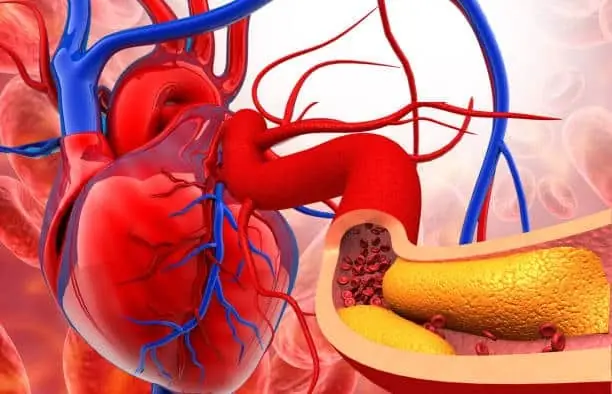
10 Signs You're Living With Clogged Arteries
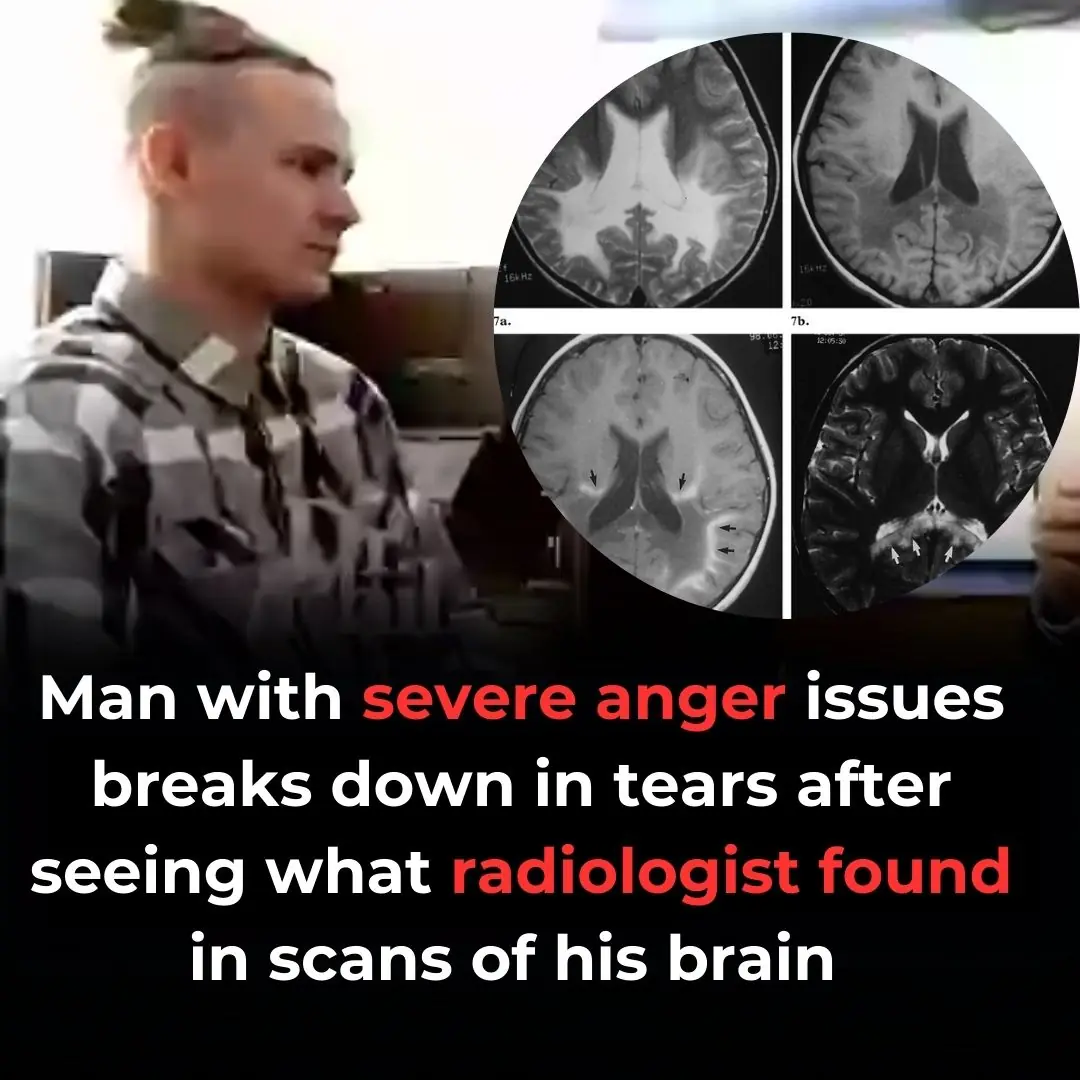
Man with severe anger issues breaks down in tears after seeing what radiologist found in scans of his brain

How to Treat H. Pylori Bacteria Causing Heartburn and Bloating + Natural Remedies
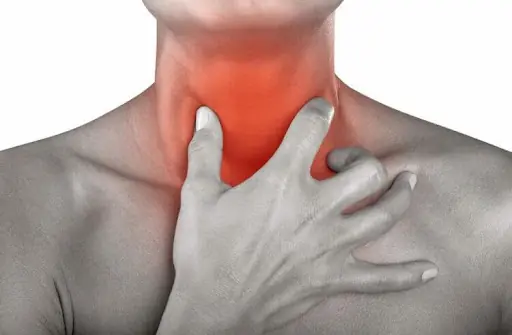
8 Ways To Get Rid Of Phlegm And Mucus In Chest And Throat

After A 49-Year-Old Father Of Two Passes Away, There Is An Urgent Warning For All Pet Owners Who Allow Their Dogs To Lick Them

8 of the Best Anti-Cancer Foods. It’s Time to Start Adding Them to Your Diet

Getting Annoyed By Chewing Sounds Is a Genuine Psychiatric Disorder

5 Concerning Red Flags That May Signal Colon Cancer

Risk Of Prostate Cancer Increases By 45% In Men Who Share This Common Practice

End-of-life nurse shares the most disturbing behaviors seen in those nearing death

**Say Goodbye to Skin Tags and Warts: Easy Removal with Hydrogen Peroxide**

What Does It Signify When You Dream of a Deceased Loved One?

8 Fruits That Can Harm People with Kidney Disease
News Post

Banana Peels as a Natural Ant Repellent: A Safe and Eco-Friendly Solution

1 year ago 1 year ago Peace Lily Care Guide: Key Tips to Ensure Its Flourishing Growth

THIS DOUBLES Your Testosterone Naturally in 7 Days!

10 Remarkable Health Benefits of Pigweed Greens You Need to Know

Euphorbia Hirta (Asthma-Plant): Ancient Remedies and Modern Applications for Health and Wellness

Yarrow: A Natural Herb with Powerful Health Benefits

Onion peels and cloves: a simple hair growth remedy from Grandma's time

Vaseline to look 10 years younger

HE JUST NEEDED $25 FOR A HAIRCUT—BUT WHAT HE DID WITH IT SHOOK ME

When my son innocently revealed that my husband had been secretly driving a brighter car with a woman I knew nothing about.

Doctor Warns Against This One Thing If You Wake Up at Night

Reasons You Could Have Numbness or Tingling Sensations in Your Hands

A Well-Known Shampoo Is Being Withdrawn Immediately Due To Bacteria That Can Kill One In Ten Patients

Why Was My Son Left Out? A Text Revealed the Truth

Three Became Fathers in a Day—One Text Changed Everything

"Unbelievable Coincidence: The Orphanage Held a Carbon Copy of Our Child!"

The Hidden Weight of Childhood: A Journey of Independence, Compassion, and Unspoken Secrets

There were cops in my yard, and as an african american family, my mind was full of negative thoughts

I Always Thought Housework Was a Breeze—Until My Son Taught Me a Lesson I’ll Always Remember

I Helped Plan a Family Cruise for My Dad and Stepmom & They Invited Me Too—I Didn't Know They'd Turn Me Into the Nanny
I thought joining my dad and stepmom on a family cruise would bring us closer. Instead, I found myself stuck in a tiny cabin with two kids and a long list of responsibilities no one warned me about.